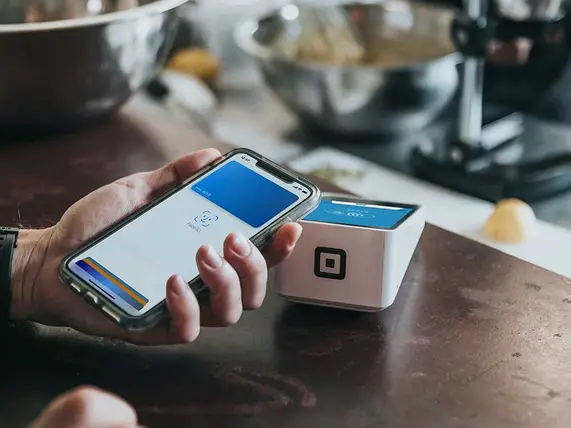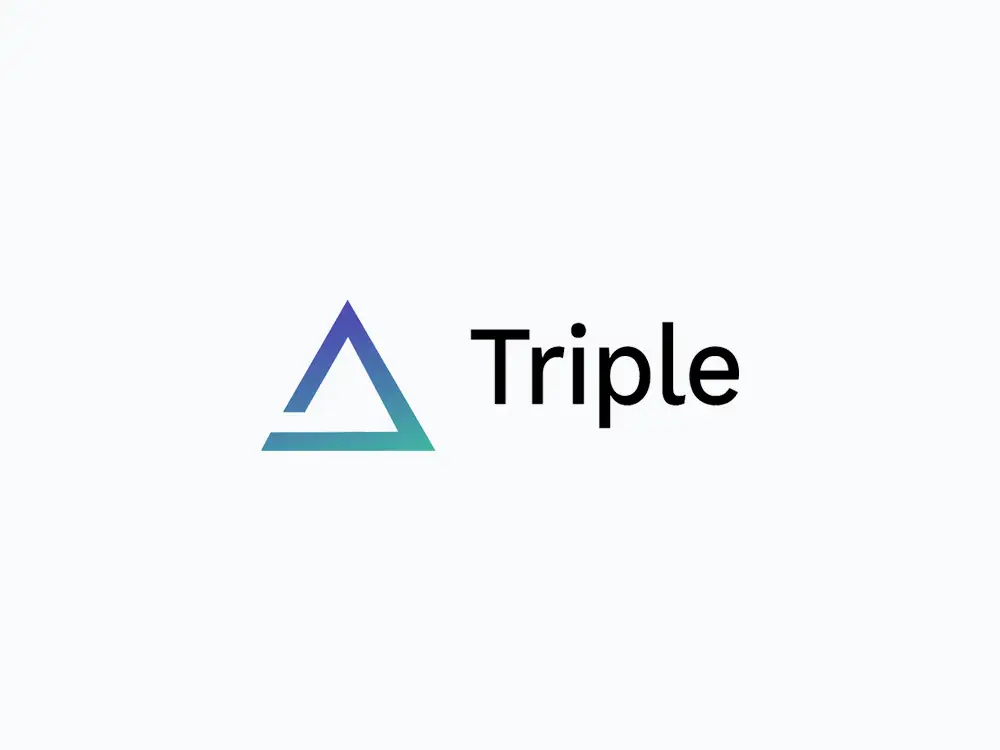The idea of a cashless society is nothing new, with the developed nations floating the idea since the 1950s. Some experts predict cash becoming obsolete in the UK as soon as 2030.
This prediction seems all the more believable considering almost three-quarters of people in developed countries now own a smartphone, and consumers (predominantly the under 40 tech-savvy) are now trusting mobile money as a safe and convenient method of payment. Add to that the challenges of Covid-19 in 2020, which has driven even more demand for a completely contactless point of sale in a bid to contain the spread of the virus.
Even before Covid-19, mobile payments were already set to soar, and now with businesses looking to accelerate their mobile wallet strategies to take advantage of the surge in demand, we at TransactPay expect mobile money to be a significant, if not the main, growth factor of non-cash transactions in the coming years.
But if now is the time to capitalise on this exponentially growing market, businesses need to hone their strategies to not only consider today’s market, but what the mobile payments landscape could look like three, five, ten years from now. (A landscape which is not without its challenges, which is why tapping into the experience of a trusted partner is crucial.)
It’s so important to take the time to make your mobile wallet strategy as future-proof as possible.
So, while we’re all mindful of this market moving apace, when it comes to mobile payments solutions, the message really is “less haste, more speed.” In providing an end-to-end payments solution, like we do at TransactPay, we work with several trusted partners, all with their own requirements and timescales. Mobile adds a further layer of key decisions to make, such as the scheme to choose, which can have a significant impact on budget, timescales and whether the business goals are realistic.
An example of the added complexities of including mobile payments in any programme is the cost of keeping the customer’s data secure. The introduction of tokenisation in 2015 meant that consumers could leverage digital wallets safely and securely, which was of course transformational for the market, however the associated costs and timescales vary vastly. Another crucial factor is location, as tokenisation costs can rise as geographical reach spans multiple country ranges. For this reason, these decisions are best made with the benefit of insight from an expert third-party.
A key benefit of mobile money is the removed reliance on the physical card. In fact, for some businesses, taking a mobile-only approach could actually significantly save on costs. On the flipside, business models based solely on payment cards are very soon going to be challenged, as mobile payments will almost inevitably become a mandatory part of every payment product in the near future. Again – having a solid payments strategy that considers market movement is absolutely key.
All of these factors are why it’s essential to keep an open mind and be prepared to modify plans and goals along the way, if necessary. Consider though, sometimes we can be at our most creative when we are bound within a framework. The highly regulated, complex, competitive and ever-growing mobile payments market means those who succeed are those who can adapt and think ‘out of the box’.
As we reflect on the impact of Covid-19, and its future impact, the pandemic is accelerating the evolution of the payments eco-system at a rate that no-one was planning for, but we knew it would happen eventually. To be a success story in this disrupted market, it is now even more important to select an experienced and proactive service aggregator who can offer wisdom, as well as vision, to reach the product’s full potential – in both today’s and tomorrow’s world.
Details
Date
17 Nov 2020
Category
Thought Leadership
Author
TransactPay


